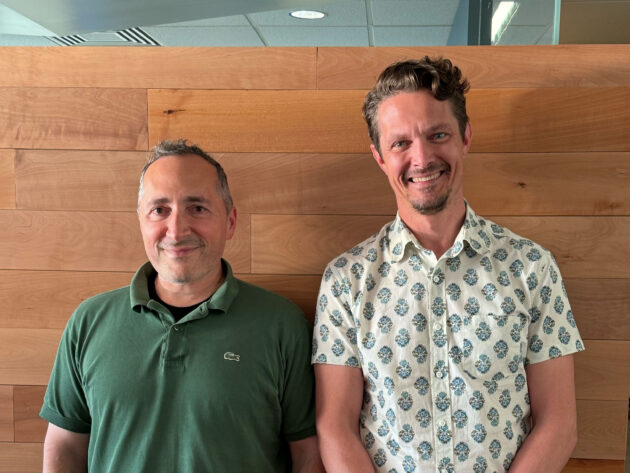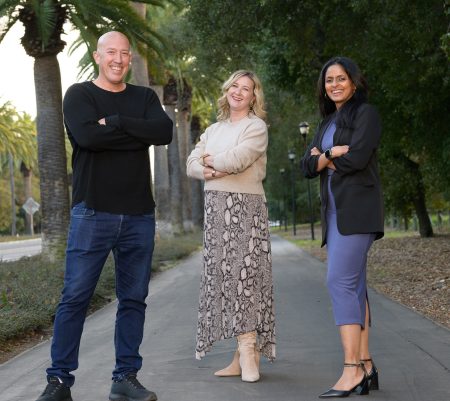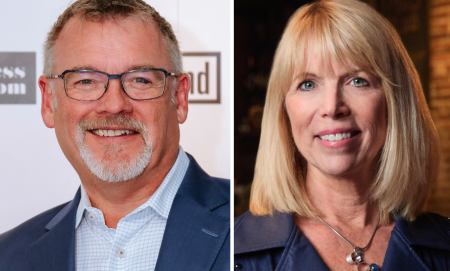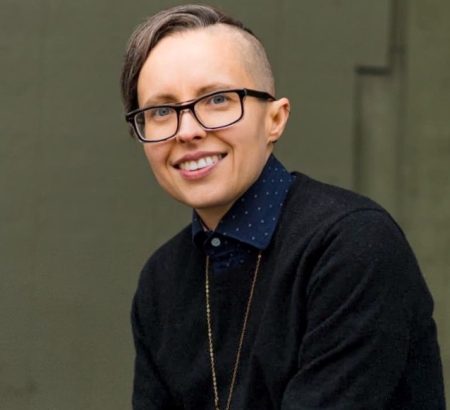NewDays: Using AI to Bring Hope to Dementia Patients
Seattle-based startup NewDays is pioneering a novel approach to treating mild dementia through a combination of telehealth visits and AI companionship. Founded by tech veterans Babak Parviz and Daniel Kelly, the company recently secured $7 million in funding to expand its innovative service. At its core, NewDays offers something previously lacking in dementia care: hope. “We’ve had this large group of people that for the longest time has been told there is no cure, there is no drug that can fix your disease,” explains Parviz, who serves as CEO. “Basically, you cannot do anything, just live with it… And what we’re saying is that there is hope so you can actually take charge and meaningfully do things that can make your life better and make life better for your loved ones.” This message is resonating with users—in a pilot project involving more than 1,000 participants across Washington, California, and Florida, the service received a 4.5 out of 5 approval rating, with 100% of respondents reporting they felt “better” or “a lot better” after using the program.
The need for such solutions is undeniable. According to the NewDays team, approximately one-third of Americans 65 and older experience either dementia or mild cognitive impairment. Traditional care models struggle to scale to meet this massive demand. NewDays’ approach is inspired by the Internet-Based Conversational Engagement Clinical Trial (I-CONECT), a Harvard Medical School-led study that demonstrated how virtual conversations with healthcare providers could slow cognitive decline and reduce loneliness in elderly participants. The challenge, however, was scalability—using human clinicians alone would be prohibitively expensive and insufficient to serve the millions who need treatment. NewDays addresses this by offering AI-generated conversations that aim to replicate the benefits observed in I-CONECT, with Parviz noting that they’ve assigned “90%-95% of the work to AI while including a human clinician to supervise the care to make sure it’s tailored and appropriate.”
The heart of NewDays’ service is an AI companion named Sunny, which provides personalized conversations tailored to each user’s interests and needs. These interactions are designed to deliver specific therapies: cognitive stimulation, cognitive training, and cognitive rehabilitation. Sunny engages users in discussions about their interests and memories while also helping them practice everyday skills, such as remembering a series of questions that naturally arise in conversations. “We don’t want to be a substitute for their social connections,” Parviz emphasizes. “We want to be an amplifier there and sort of the builder of confidence, so they can actually practice with us and then go to do more human-to-human conversations.” This approach creates a safe environment for dementia patients to engage in conversation without fear of judgment for memory lapses or repetition.
The personal connection to this mission runs deep for both founders, who have witnessed dementia and Alzheimer’s in their own families. Kelly, who serves as Chief Innovation Officer, shares that his father has moderate dementia and regularly enjoys 30-minute or longer conversations with Sunny. “He knows that this is a piece of software and he can open up to it and not be worried about making mistakes or repeating himself, and it just kind of allows him a lot of freedom to have conversations in ways that he might refrain from when he’s interacting with other people,” Kelly explains. An additional benefit he’s observed is that while his father converses with Sunny, his mother gets a much-needed break from caregiving responsibilities—highlighting how the service supports not just patients but their families as well.
NewDays has structured its offering with accessibility in mind. Anyone can try Sunny for free, while the full service costs $150 per clinical visit and $99 per month for unlimited access to the AI companion. Currently, the clinician component is available in Washington, California, Florida, and Texas, with plans to expand to more states. Privacy is also a priority—NewDays’ leaders emphasize that they do not share conversation data outside the company unless necessary for someone’s care. The approach has attracted significant investor interest, with Seattle’s Madrona Venture Group and San Francisco’s General Catalyst providing the seed round funding that will help the company grow its reach.
NewDays isn’t alone in recognizing the potential of AI to support vulnerable populations. Another startup, CloudMind, is testing similar technology in residential memory care homes, while companies like Wysa, Woebot, and Headspace offer AI-supported services for general mental health therapy and mindfulness. However, NewDays’ targeted focus on dementia care, combined with its hybrid model of human oversight and AI interaction, positions it uniquely in this emerging space. As the population ages and the prevalence of cognitive decline increases, innovations like NewDays represent a promising direction for care—one that empowers patients, supports caregivers, and demonstrates that even without a cure, there are meaningful ways to improve quality of life for those living with dementia. In bringing together cutting-edge technology with compassionate care, Parviz and Kelly are showing that the tech industry can address some of society’s most challenging health issues with dignity and hope.














